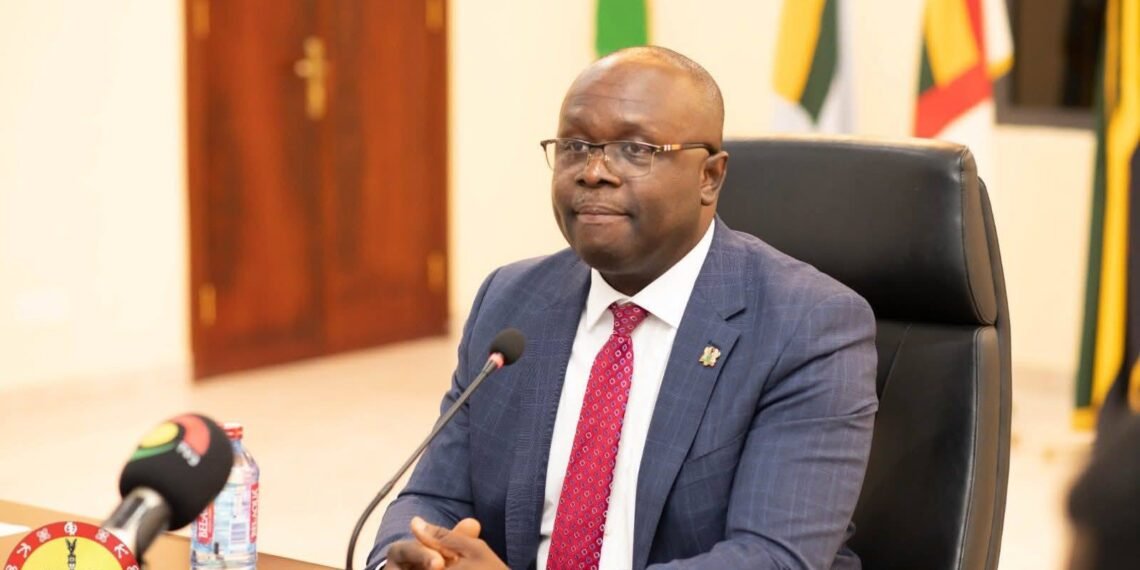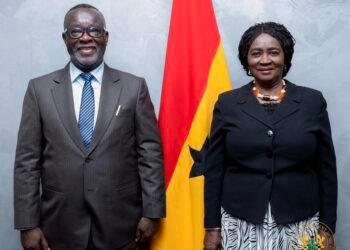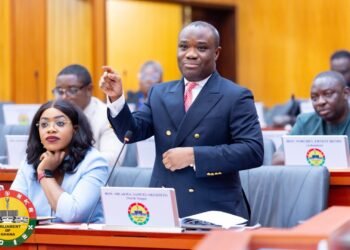Ghana’s Minister for Defence, Dr. Edward Omane Boamah, has announced a firm policy decision by the Mahama-led administration to withdraw military protection from civilians, including former ministers, who are not legally entitled to such services.
The move, according to the minister, forms part of the broader #Reset agenda being pursued by the current government to restore discipline, promote accountability, and put an end to the abuse of public institutions for private benefit.
“As part of our #Reset agenda to restore discipline and accountability, we’ve withdrawn military protection for civilians (including public officials, former ministers, businessmen, and women, among others) who are not entitled to it.”
Ghana’s Minister for Defence, Dr. Edward Omane Boamah
Dr. Omane Boamah made it clear that the use of military personnel for non-statutory purposes has been a long-standing issue, one that undermines the integrity and professionalism of the Ghana Armed Forces.
The new directive, therefore, seeks to correct these practices and ensure that military resources are deployed only for constitutionally sanctioned roles.
He stressed that this policy is not targeted at any particular individual or political grouping, but rather seeks to address a systemic issue that has contributed to the erosion of public trust and the misuse of Ghana’s security apparatus.
The minister emphasised that no civilian—regardless of social status or past government affiliation—should be able to access military protection unless the law specifically provides for it.

Stopping Misuse of Military Personnel
“This decision aims to stop the misuse of military personnel for personal gain,” he explained, adding that the misuse of state resources by those in privileged positions contradicts the NDC government’s commitment to fairness and equity in governance.
“Therefore, military personnel found providing unauthorized guard duties, and any other unauthorised duties, will face far-reaching consequences”.
Ghana’s Minister for Defence, Dr. Edward Omane Boamah
The decision aligns with one of the key campaign promises made by President John Dramani Mahama and the National Democratic Congress ahead of the 2024 general elections—to “reset” Ghana by restoring law and order, rebuilding weakened state institutions, and ensuring that public service regains its legitimacy through adherence to constitutional mandates.
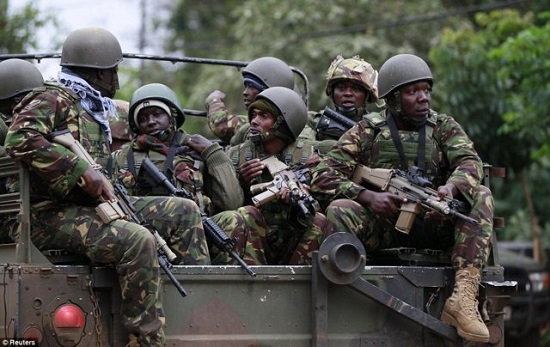
Now in government, the Mahama administration appears keen to follow through on these promises, with the Defence Ministry reinforcing discipline within the security sector.
This marks a break from past practices where politically connected individuals often used military escorts as status symbols, despite not having any legal entitlement to such privileges.
The minister’s statement is also part of a broader government initiative to professionalise state security institutions and prevent military personnel from being co-opted into political or private service roles.
In the past, several concerns have been raised by civil society organisations and security analysts about the growing culture of militarisation around civilian elites, which they warned could compromise national security and public accountability.
Dr. Boamah’s message to the public emphasised the importance of collective responsibility and the need to build a society where discipline and respect for institutional boundaries are upheld.
“Let’s work together to promote a more disciplined and responsible use of our military resources,” he urged, reinforcing the government’s commitment to a transparent and lawful administration.
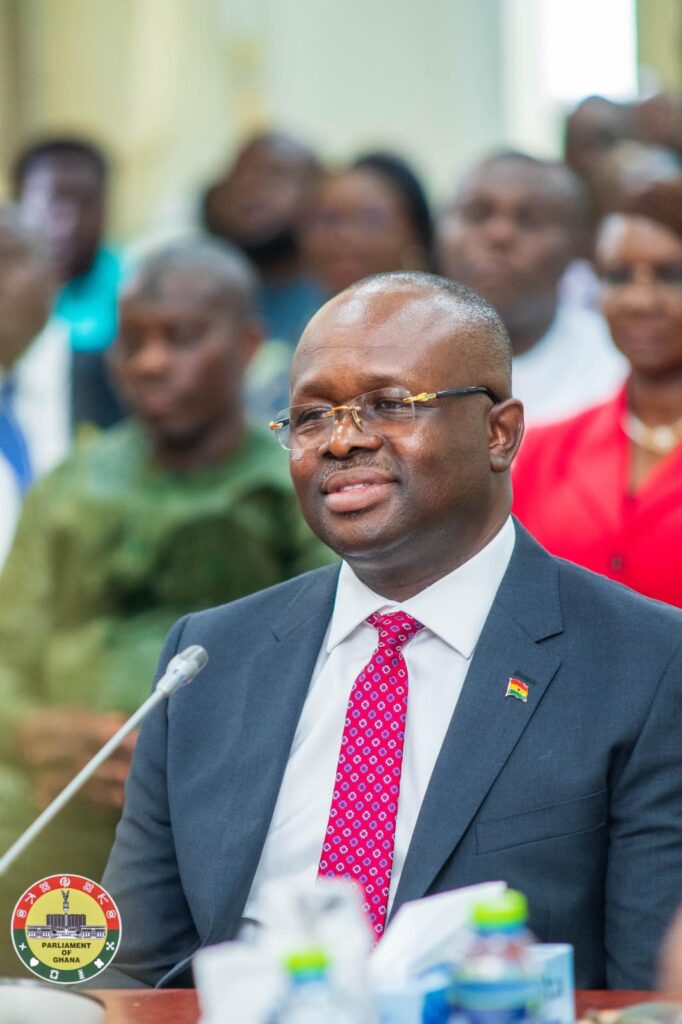
By drawing a clear line between who is entitled to military protection and who is not, the Defence Ministry hopes to eliminate grey areas that have allowed the abuse of power and influence to flourish over the years.
“We’re committed to transparency and accountability. Let’s build a more responsible and just society together!”
Ghana’s Minister for Defence, Dr. Edward Omane Boamah
Dr. Omane Boamah’s message suggests that the current government intends to lead by example and uphold the principles of equity, fairness, and justice in the use of public resources—military or otherwise.
READ ALSO: Sudan’s Killing Fields, 300 Civilians Dead

